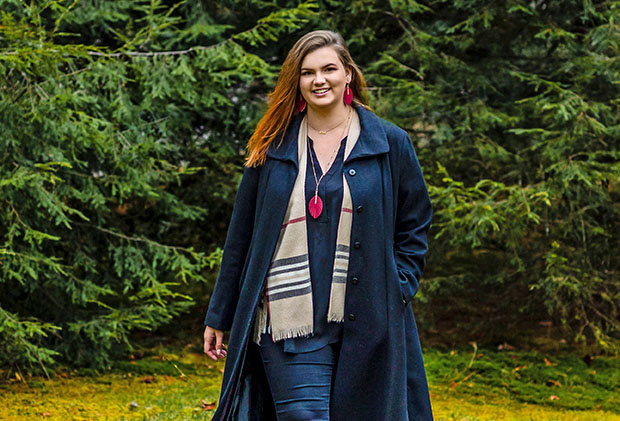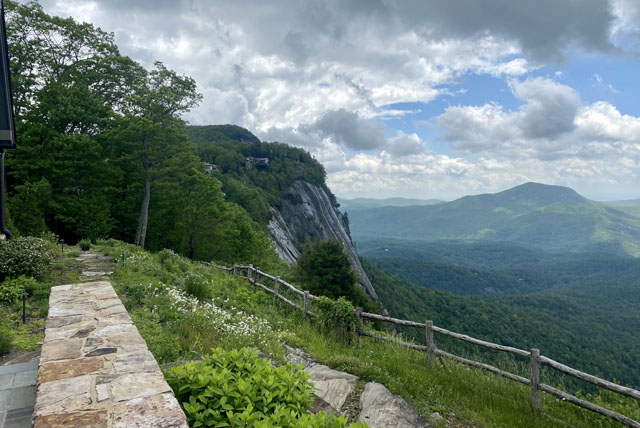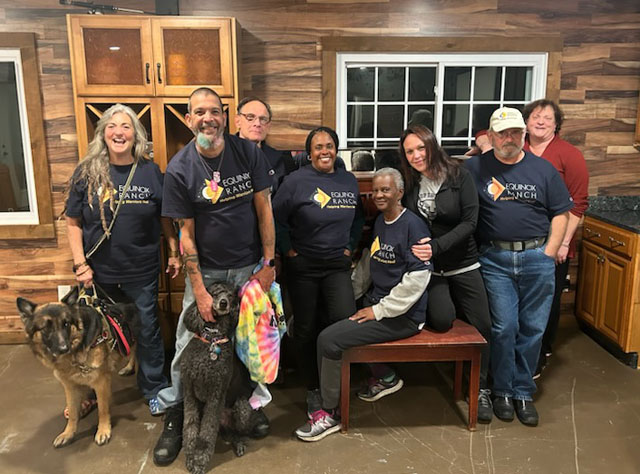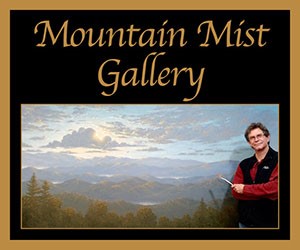Mother Hunger
04 Dec 2021
How adult daughters can understand and heal from lost nurturance, protection and guidance
By Kristin E Landfield

Kelly McDaniel is a woman whose experienced eye sees right to the heart of the matter; that is, she sees right to the hearts of the people she’s spent decades helping heal from an array of trauma and wounding. Loneliness. Longing. Heartache. Generational sorrow. Deprivation. Despair. Addiction. These heavy words—words most everyone eschews for cheerier subjects—are words that Kelly McDaniel has spent her life’s work confronting and conceptualizing as she facilitates others along their healing paths. To meet Kelly, with her warm composure and welcoming smile, is to recognize that in this realm of heavy words, she moves with enough wisdom and strength to help wounded souls find an entirely new vocabulary of hope, comfort, relief and belonging.
An attachment-oriented clinician, Kelly McDaniel specializes in the treatment of complex trauma and associated self-regulatory cycles. Complex trauma refers to trauma that is cumulative, resultant from repetitive and protracted relational injury. Complex trauma most often manifests when a vulnerable child or adolescent is harmed, exploited or neglected by a primary caregiver; however, complex trauma can emerge at vulnerable points throughout the lifespan. Not all complex trauma reflects intentional abuse. Professionally, McDaniel approaches mental health from an attachment theory perspective, recognizing pathologized behavior and addictive patterns as signals of early attachment injury—compensations for fractured early bonding. In 2008 McDaniel published “Ready to Heal,” a guidebook for identifying and disentangling from addictive relationships, in which she termed the concept mother hunger. This concept is now the subject and title of her new book.
In “Mother Hunger,” McDaniel fleshes out the complex constellation of feelings, behaviors, patterns and addictions that arise as a consequence of attachment injury with our most essential connection—our mothers. “Our mother is our first love,” she writes. In the womb her biology sets the gestational template for our sense of security and love. Early ruptures to that security leave relational scarring: an unnamed primal throbbing that impacts our moods, propels compulsions and impedes secure adult relationships. McDaniel has given these unnamed yearnings a name: mother hunger. She writes that nurturance, protection and guidance are the essential legacies of a mother. If these provisions are dampened, if a child can’t get these needs met, she has mother hunger. She lives with inexplicable and insatiable longing. We’re mammals—not wholly unlike marsupials—who need a mother’s touch, her warmth, her regulatory system to swaddle our own nascent nervous systems as we’re met by the world. Fractured bonding often occurs during preverbal phases of development, yielding primal lesions that are encoded implicitly in our psyches. Mother hunger imprints before we can talk and narrate, such that our most primitive yearnings continue throughout our lives without a clear etiology or account. We’re baffled by our discontent. Inevitably, this wordless anguish and despair presents with desperate efforts toward self-regulation and soothing, particularly in our relationships with food and with others. We’re left with unassailable shame.
Clearly, this is a hard topic. When I met Kelly, she joked that she’s not always very popular at dinner parties. As she seated me in her inviting kitchen, she said, “This is heavy. This can be a hard read. This was hard to write.” It’s a difficult topic on a lot of levels. Mother hungry longings are the most vulnerable notes in our human score. They have the power to unmoor us, because they are inextricably woven into the fabric of our DNA, encoded from our great-grandmothers, to our grandmothers, to our mothers, to our children alike, each grappling with her own love and loss and trauma and healing. When I heard the term, it hit me with a depth that dropped my shoulders in recognition and relief. “Mother Hunger.” The simple words rang simultaneously new and exotic, ancestral and intimate.
Much like a mother with her infant, McDaniel applies a hand of nurturance, protection and guidance to her tender subject as we step into these darker waters. She implores her readers to read as daughters, to come to the concept with curiosity and compassion. This is an opportunity to put a name on unspeakable heartache. Heartache that doesn’t always make sense. Heartache that can leave us feeling guilty if we live with a sense of maternal deprivation even as we feel gratitude for our mothers and primary caregivers. This book is in no way an assault on mothers. Rather, it’s a recognition that our little mammal selves require the most essential forms of nurture, protection and guidance, and that myriad factors, some more benign and some deleterious, can impact a mother’s consistent provision for her child. Notably, McDaniel highlights, we live in a culture that celebrates independence, urges mothers to separate from their infants for culturally convenient schedules, does little to support young mothers who desperately need time, closeness and their own sense of security as they nurture their children.
This book cannot be a mother’s self-indictment; rather, it’s a slightly acerbic balm for a wounded soul, disinfecting our secondhand shame as an accident of matrilineal biology. Though not everyone has mother hunger, none of us escape this human experience unscathed, without our unique double-helix inheritance dictating how we move through the world and our relationships. McDaniel's compassionate book attends to sensitive questions of alternative caregivers, to the experience of mother hunger in boys, to paternal relationships, to cultural incentives and pressures that perpetuate generational transmission of mother hunger, and to severe “third-degree mother hunger.” She draws evidence from scientific research, the field of epigenetics and examples from pop culture. She reminds us that children are resilient in their longing for love and safety.
Kelly McDaniel came to this concept as a curious listener. After decades of experience and attunement, she’s named our longing and become the keeper of our collective narratives, metabolizing a topic that is hard to swallow. In this book she sets the table for us, invites us to try a more palatable recipe to satiate the gnawing pangs of mother hunger. I left Kelly’s house with a banana—an arsenal for peaceful night’s sleep, replete with L-tryptophan. L-tryptophan is an amino acid that our body converts to serotonin and melatonin; these neurotransmitters are essential for rest and wellness. Kelly was boiling the peel for an evening tea as we sat and talked. The banana was another tool she placed in my hand—along with the wisdom of her words—as I stepped out into a chilly October drizzle.
For more on “Mother Hunger,” attachment-based therapy and references for therapeutic support, go to Kelly McDaniel’s resource-rich website: Resources • Kelly McDaniel, LPC, NCC (kellymcdanieltherapy.com) or follow her on Instagram @KellyMcDanielTherapy.













